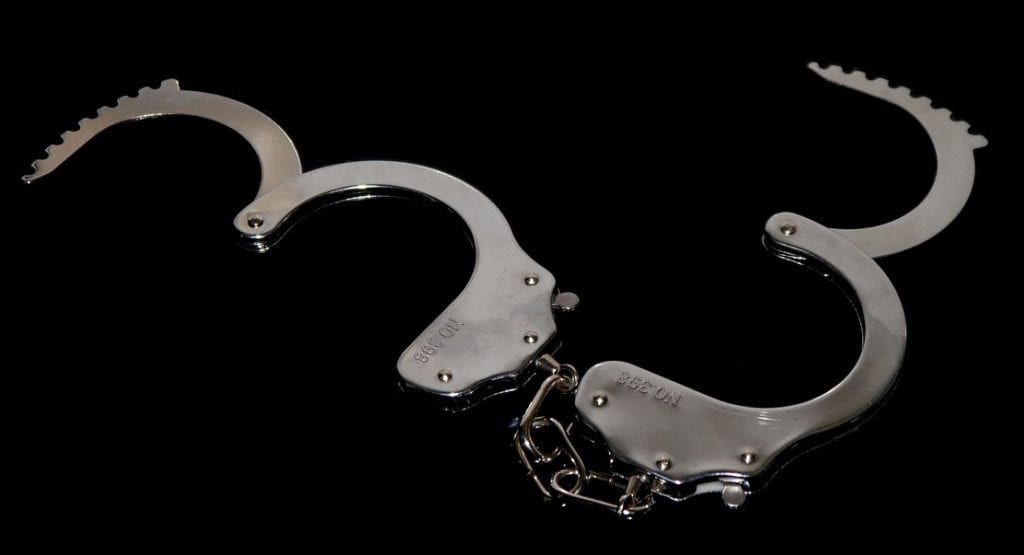
Hope not Handcuffs: a new program in Macomb County for addicts seeking help.
In late January of this year, a new program was launched in Macomb County that hopes to make a difference to those who are struggling with opiate addiction. Hope not Handcuffs allows a person battling addiction to walk into a police station and ask for help without fear of reprisal. What’s that you say? Walk into a police station and ask for help with a drug problem and not get locked up? Is this for real? Yes, it is real, at least in Macomb County, Michigan.
Hope not Handcuffs launched on January 31st, 2017. Macomb County is the first county in Michigan to implement a program of this kind, although it is in use in other parts of the country. It works like this:
A person either applies online at the Hope not Handcuffs website, or simply walks into any police station in Macomb County and says that they are seeking help for a drug or alcohol addiction. Immediately an “angel” is mobilized to step in and assist them. Angels are a fleet of volunteers in the Detroit area who have been trained to respond when an addict reaches out for help.
Angels arrive at the police stations and makes the necessary phone calls to get that person into treatment at a rehab center. Although they aim for rehabs here in Michigan, if the right treatment can’t be found locally they will reach out to other states. The angel will sit with the addict, help them fill out the right paperwork, and ensure that they get a bed in a treatment facility that day.
Angels are volunteers who facilitate the process for addicts seeking help.
They also help to sort out insurance issues, and make sure that the process is smooth and straightforward. People struggling with drug addiction are usually so overwhelmed, that this assistance is exactly what they need. There are already people who have been helped by this program, many of whom are in rehab here in Michigan, though some were sent out of state to get the help they needed.
The program is unique, in that it guarantees immunity. A person can show up at a police station, admit that they struggle with abuse of an illegal drug, and even turn over their drug paraphernalia, all without any legal repercussions. So a person hoping to overcome crack cocaine use can hand their crack pipe over to an officer and not be arrested. The same goes for a heroin addict and their needles, spoons and syringe.
According to 41B District Court Judge Linda Davis, this program allows addicts to be diverted into treatment before their addiction lands them in a courtroom and then behind bars. Davis, whose own daughter battled and overcame an opiate addiction, says that she is in favor of anything that keeps kids alive.
As criminal defense attorneys who have been practicing law in Michigan for decades, we have seen the damage that addiction can do. We have also seen how harmful incarceration is when all a person needs is treatment. We encourage all of our readers to consider making use of this program if they, or a loved one, are struggling with addiction and don’t know where to turn for help. If however, your addiction has led to trouble with the law, contact us immediately at 866 766 5245. We can help you work towards the best outcome in this situation.







